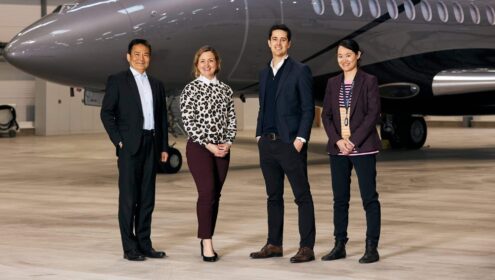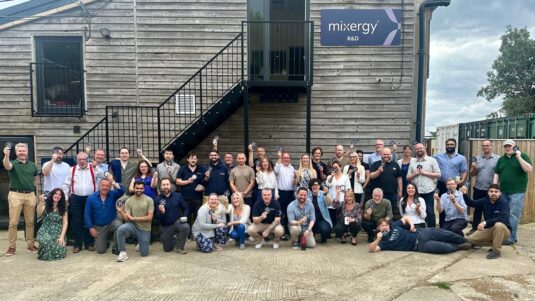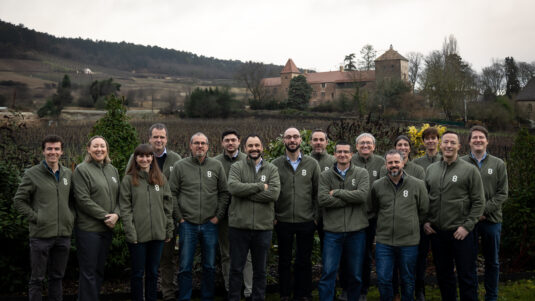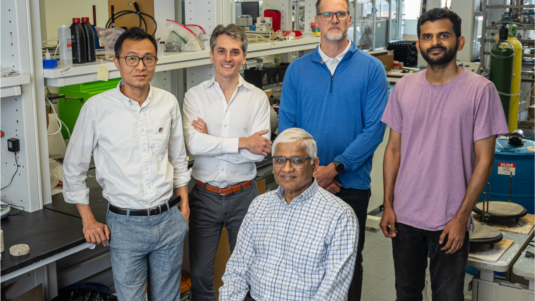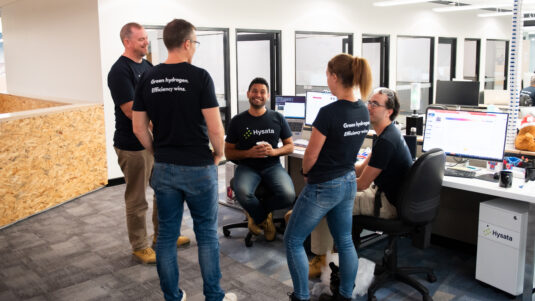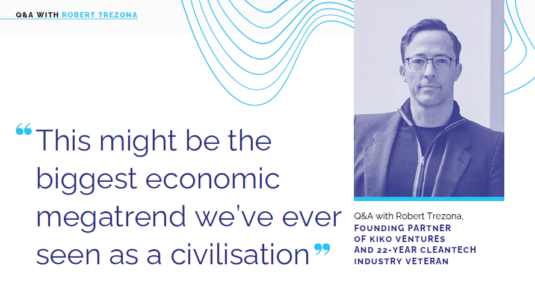We set up Kiko Ventures to seek and create new possibilities for decarbonising our economy, yet the reality is, it’s not possible to completely end our reliance on carbon – certainly not in the short-term.
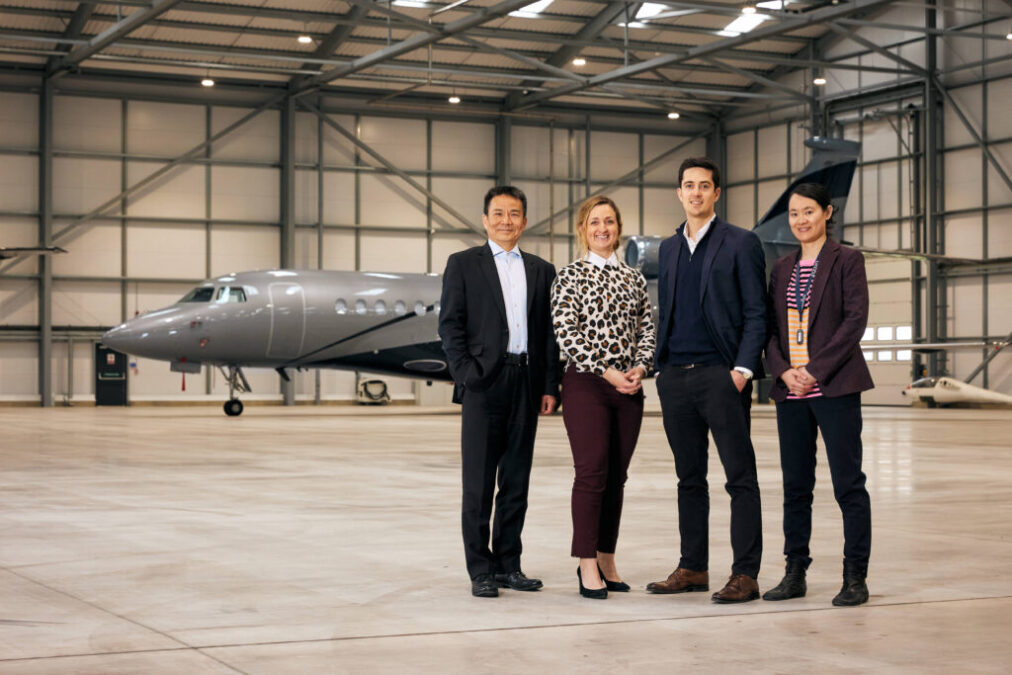

Despite the growth of renewable energy, fossil fuels today provide around 80% of the world’s primary energy. Globally, there are entire sectors that still rely heavily on carbon – long-distance travel, petrochemical products – and in lieu of viable, sustainable alternatives, these sectors can’t, yet, take full advantage of the transition to renewable energy.
That was until now. Our latest investment, OXCCU is approaching the problem via a novel, one-step approach. One that uses catalysts to transform carbon dioxide into valuable hydrocarbons, and which can literally make e-fuels, e-plastics and e-chemicals out of thin air.
The carbon dilemma
Carbon is an incredibly useful element. It forms the backbone of many household products and everyday chemicals, and it is required for long-distance aviation, due to the still-lacking fuel density of even the most advanced alternatives.
This means that even in a net-zero world, we will still need hydrocarbons. Thus creating a dilemma – how do we make vital hydrocarbons without having a negative impact on the planet?
OXCCU have a novel catalyst and process to make hydrocarbon directly from carbon dioxide (CO2) and green hydrogen. Until now, attempts have focused on a two-step process. First, transforming carbon dioxide into carbon monoxide via the reverse water gas shift process RWGS. And then the carbon monoxide and green hydrogen react to form liquid hydrocarbons via Fischer Tropsch.
Efficient, sustainable, scalable
OXCCU’s breakthrough is to cut out the middle-step by offering a direct conversion. A route that is generally recognised as being both environmentally and economically superior, as well as highly scalable.
By developing novel multifunctional catalysts, the Oxford-based team of published chemists has cut this approach down to a single process. Both the RWGS and Fischer Tropsch reactions happen on a single catalyst surface. Not only does this increase the efficiency of the process itself, which saves cost and time, but the catalysts are inexpensive, adding further to the overall savings. All while reducing the impact on the planet.
Instead of taking the traditional route of converting CO2 into CO or methanol, and subsequently into liquid hydrocarbons, OXCCU’s approach takes a direct CO2 hydrogenation route. The potential for this technology was spelled out in a paper published in 2020 in the Nature Communications journal. The team detailed a process of converting carbon dioxide directly into aviation fuel using a novel, inexpensive iron catalyst.
If the carbon dioxide is extracted from air either directly via direct air capture (DAC) or indirectly vi a plant (biogenic CO2), when it is re-emitted from jet fuels when combusted in flight, the overall effect is a carbon-neutral fuel – in other words the holy grail for the aviation industry. This e-fuel market alone could be more than worth $100bn by 2030.
Beyond the aviation sector, OXCCU’s conversion reaction was found to produce ethylene, propylene, and butenes, each of which are important raw materials for the petrochemical industry and are presently also only obtained from fossil crude oil.
Human ingenuity at its heart
At the heart of our thesis at Kiko is the belief that human ingenuity is our ultimate weapon in the fight against climate change. Having been spun out from the University of Oxford in 2021, OXCCU exemplifies the ingenuity we want to invest in.
It’s also a great example of what we mean by life-cycle investing at Kiko. We first worked with OXCCU through IP Group when Kiko’s investment platform was still just an idea. From the very early days we’ve been at the heart of creating a company from the technology that the founders Professor Peter Edwards, Dr Tiancun Xiao and Dr Benzhen Yao invented. One of our own team at Kiko, Andrew Symes, has now joined as CEO, demonstrating the strength of our commitment and partnership.
OXCCU is on a mission to build the future of truly circular e-fuels, sustainable chemicals and biodegradable plastics. A future where people can fly and use hydrocarbon products without concerns about their impact on climate change.
More than a decade of research has led the team to this point and we’re excited to help take this pioneering work to the next level towards our shared goal of building a cleaner, more regenerative, sustainable future for all.
